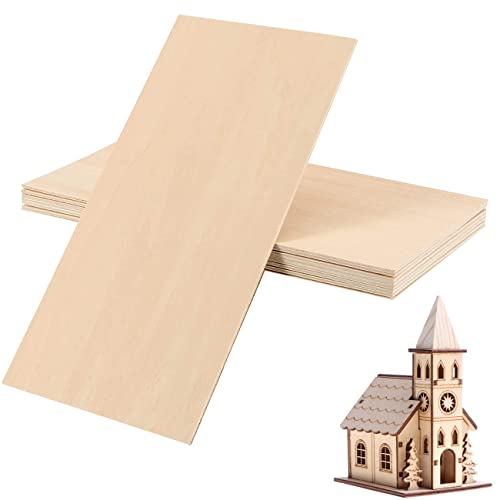The simple answer to the performance question is, quicksilver is a better oil for performance. NOT saying it's better oil, slickerer, just that it burns better relating to performance. Mercury, Yamaha & OMC got together & spent A LOT of time & $ developing the TCW 3 spec oil. When unleaded gas became mandatory, all the ob manufacturers were having a large amount of engine failures due to pistons seizing. After testing & researching the failures, it was determined that the crap that has been added to pump gas to make unleaded gas was coking/burning & building up behind the piston rings, causing them to press out against the cylinder walls with enough force to cause enough heat to gall & seize cylinders. The OEM's designed TCW 3 oil to combat this issue & the performance loss from having to run unleaded fuel. I have run literally hundreds of gallons of 50:1 mix in every car I have owned in the last 20+ years. 24 gallons of 50:1 in the bass boat, I'm broke, need gas for the week, guess what I filled up with? Carbs, electronic feedback/O2 sensor carbs, efi (both t-body & port injected), OBD1 & OBD2, catalytic convertor or not. EVERY SINGLE ONE has gotten 2-3 mpg better mileage, idled smoother, started better, & had more power, with no check engine lights.ONLY difference was quicksilver 50:1, same base unleaded from the same station I fill the car up at. It's the oil (-; , they designed/spec'ed it to save their business - selling outboard motors & it works!











































